Research
My research focuses on the lived experiences of underserved people during pregnancy, early motherhood, and across the reproductive life course. I use qualitative and creative methods to explore complex social issues, with a commitment to disability justice and inclusive practice.
Below is a selection of my published scientific papers which have been organised by topics.
The following links provide quick access to each section.
MATERNITY, INFANT FEEDING AND CHILD HEALTH
INNOVATION IN RESEARCH METHODS
You can view a list of my funded projects here.
MATERINTY, INFANT FEEDING AND CHILD HEALTH
-

32. Grant, A. et al. (2025) “I just gritted my teeth to get through it all”: An online survey of Autistic people’s experiences of maternity care in the UK. Autism in Adulthood.https://doi.org/10.1089/aut.2024.0275
Full text freely available: https://cronfa.swan.ac.uk/Record/cronfa68895 -

31. Grant, A. et al. (2024). “I felt belittled and ridiculed for being in pain”: an online survey of Autistic people’s experience of care for pregnancy loss in the UK. Midwifery. https://doi.org/10.1016/j.midw.2024.104266
-

30. Morse, H., Brown, A. and Grant,. A. (2024) “Running on goodwill and fairydust” - midwives’ experiences of facilitating and delivering local breastfeeding support via Facebook groups: a qualitative descriptive study. Journal of Human Nutrition and Dietetics.http://doi.org/10.1111/jhn.13367
-

29. Grant, A. et al. (2024). Analysing data with members of a stigmatised community: experiences, reflections and recommendations for best practice from the Finding the Formula community analysis group. International Journal of Qualitative Methods. https://doi.org/10.1177/16094069241229983
-
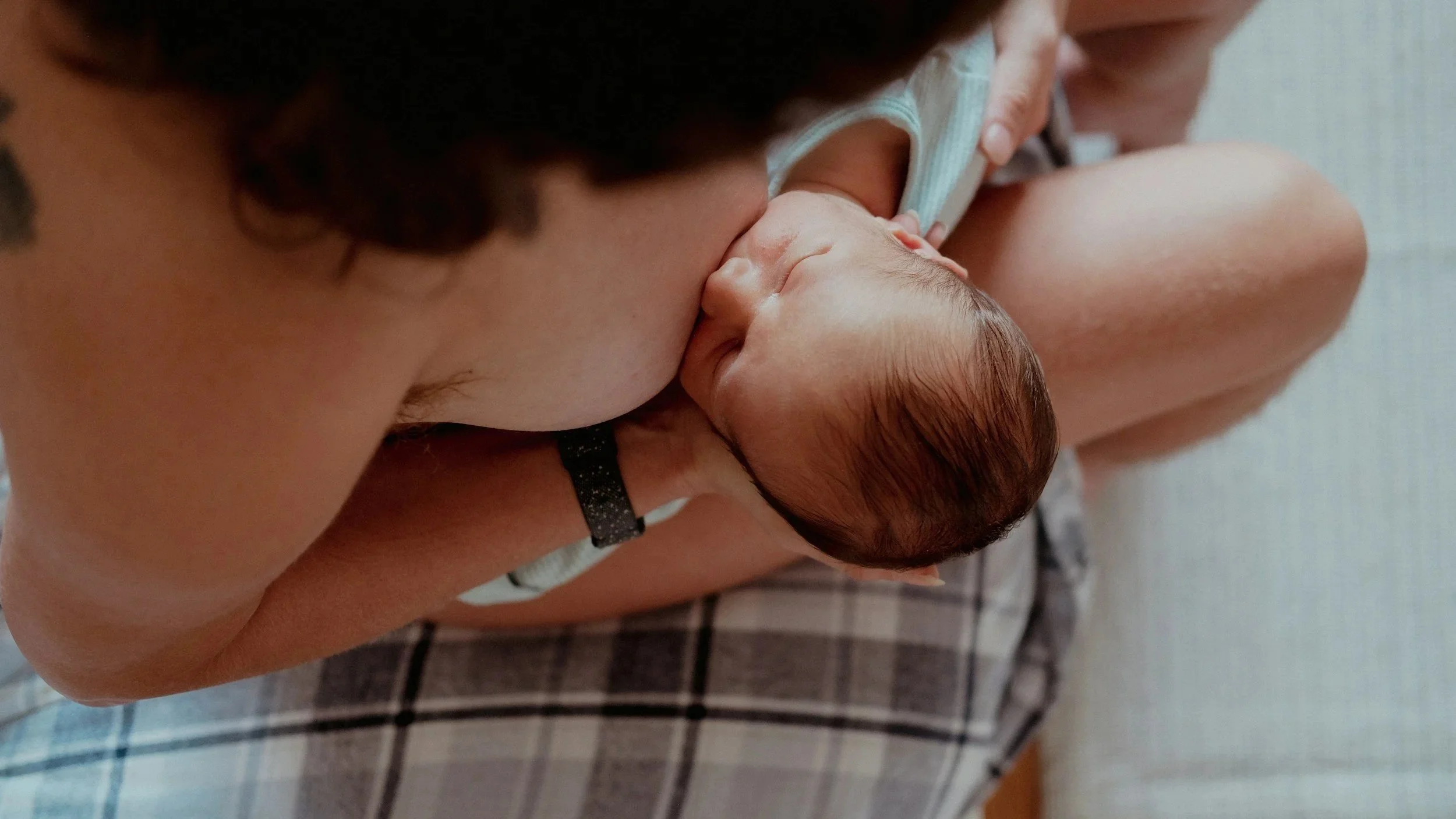
28. Grant, A. et al., (2023). “It felt like I had an old fashioned telephone ringing in my breasts”: an online survey of UK Autistic birthing parents’ experiences of infant feeding. Maternal and Child Nutrition. https://doi.org/10.1111/mcn.13581
-

27. Grant, A. et al. (2023) The safety of at home powdered infant formula preparation: a community science project. Maternal and Child Nutrition. https://doi.org/10.1111/mcn.13567
-

26. Grant, A. (2023). Miscarriage and Curtains: A phenomenological autoethnography of curtains, privacy and dignity in an Early Pregnancy Unit in the UK. Geoforum. https://doi.org/10.1016/j.geoforum.2023.103786
-

25. Hookway, L et al. (2023). Breastfeeding Sick Children in Hospital: Exploring the experiences of mothers in UK paediatric wards. Maternal and Child Nutrition.https://doi.org/10.1111/mcn.13489
-

24. Turner, S. et al. (2023). Breastfeeding in the Pandemic: A qualitative analysis of breastfeeding experiences among Canadian and British Mothers. Women and Birthhttps://doi.org/10.1016/j.wombi.2023.01.002
-

23. Williams, D. et al. (2022). Identities of women who have an autoimmune rheumatic disease (ARD) during pregnancy planning, pregnancy and early parenting: A qualitative study. PLOS ONE. https://doi.org/10.1371/journal.pone.0263910
-

22. Grant, A. et al. (2022). Views and experience of breastfeeding in public: a qualitative systematic review. Maternal and Child Nutrition. DOI: 10.1111/mcn.13407
-

21. Grant, A. et al. (2022) Autistic women’s views and experiences of infant feeding: A systematic review of qualitative evidence. Autism. DOI: 10.1177/13623613221089374
-

20. Allen, D. et al. (2022) Development, implementation and evaluation of an early warning system improvement programme for children in hospital: the PUMA mixed-methods study. Health Services and Delivery Research: 10(1). DOI: 10.3310/CHCK4556
-

19. Critchley, A., Grant, A., Brown, A. and Morriss, L. (2021). Breastfeeding, social work and the rights of infants who have been removed. Qualitative Social Work: 21(1): 3-14. DOI: 10.1177/14733250211069410
-

18. Grant, A. (2021). Breasts and the City: An urban ethnography of infant feeding in public spaces within Cardiff, United Kingdom. International Breastfeeding Journal. DOI: 10.1186/s13006-021-00384-2
-

17. Dowling, S. and Grant, A. (2021). An “incredible community” or “disgusting” and “weird”? Representations of breastmilk sharing in worldwide news-media. Maternal & Child Nutrition. DOI: 10.1111/mcn.13139
-

16. Williams, D.et al. (2019). “Nobody knows, or seems to know how rheumatology and breastfeeding works”: Women's experiences of breastfeeding whilst managing a long-term limiting condition – A qualitative visual methods study. Midwifery 78, pp. 91-96
-
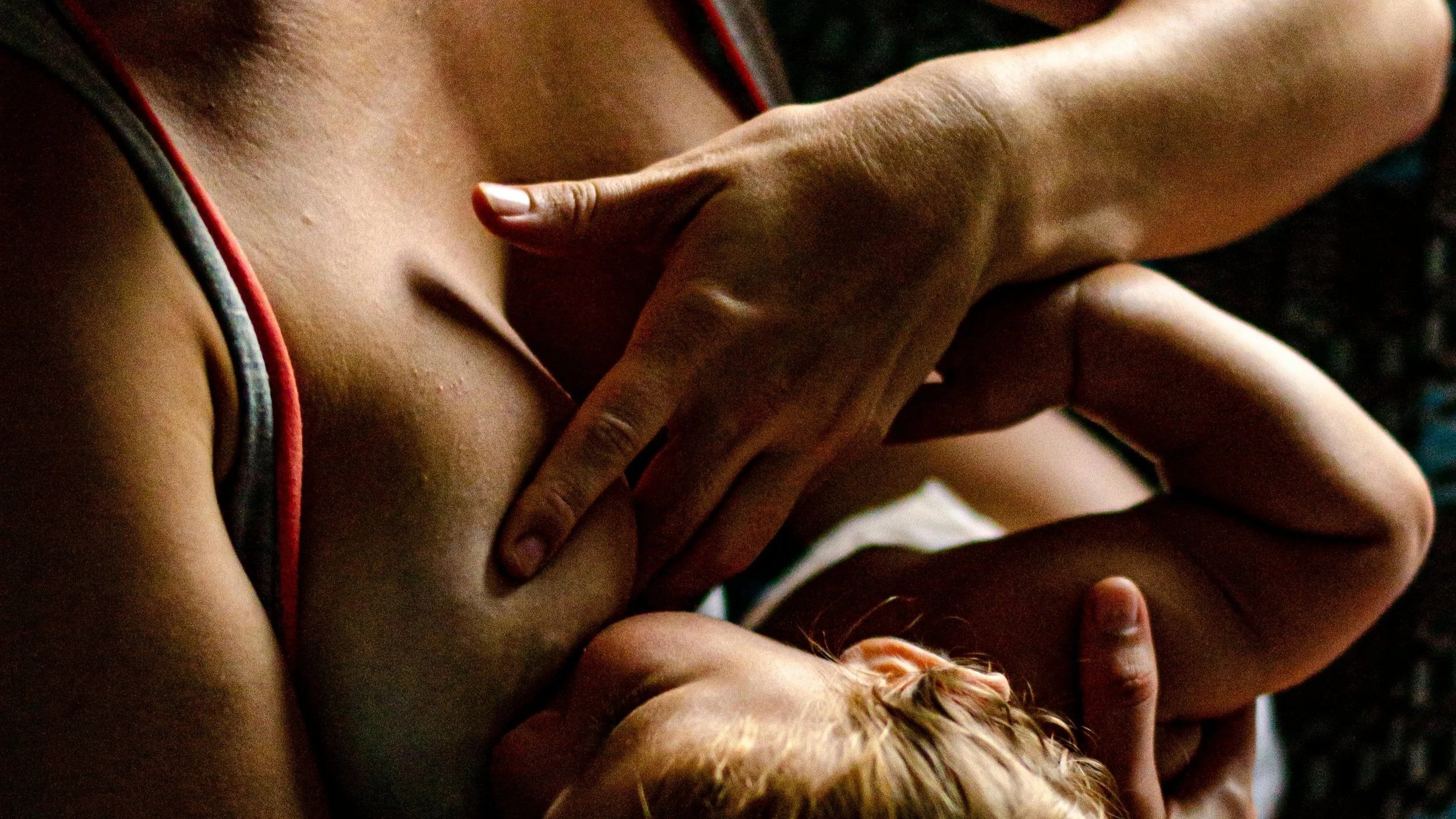
15. Grant, A., Morgan, M., Mannay, D., Gallagher D. (2019) Understanding health behaviour in pregnancy and infant feeding in low-income women from the UK through visual and creative qualitative research and application to the Behaviour Change Wheel. BMC Pregnancy & Childbirth. DOI: 10.1186/s12884-018-2156-8
-

14. Grant, A., Morgan, M., Gallagher, D., Mannay, D. (2018) Smoking during pregnancy, stigma and secrets: visual methods exploration in the UK. Women and Birth. DOI: 10.1016/j.wombi.2018.11.012
-

13. Copeland, L., Merrett, L., Grant, A., Gobat, N., Tedstone, S., McQuire, C., Playle, S., Channon, S., Sanders, J., Phillips, R., Hunter, B., Brown, A., Fitzsimmons, D., Robling, M., and Paranjothy, S. (2018). Feasibility and acceptability of providing a novel breastfeeding peer-support intervention informed by Motivational Interviewing. Maternal and Child Nutrition. DOI: 10.1111/mcn.12703
-

12. Thomas-Jones, E. et al., (2018). A prospective, mixed-methods, before and after study to identify the evidence base for the core components of an effective Paediatric Early Warning System and the development of an implementation package containing those core recommendations for use in the UK (protocol): Paediatric early warning system – Utilisation and Mortality Avoidance – The PUMA study. BMC Paediatrics. DOI: 10.1186/s12887-018-1210-z.
-

11. Phillips, R. et al., (2018) Reaching a consensus on research priorities for supporting women with autoimmune rheumatic diseases during pre-conception, pregnancy and early parenting: A Nominal Group Technique exercise with lay and professional stakeholders. Wellcome Open Research 3:75 DOI: 10.12688/wellcomeopenres.14658.1
-

10. Mannay, D. Morgan, M. Gallagher, D, Marzella, R and Grant, A. (2018). ‘Watching what I’m doing, watching how I’m doing it’: Exploring the everyday experiences of marginalised young mothers in low-income locales. In Taylor, T and Bloch, K (eds) Marginalized Mothers, Mothering from the Margins. Advances in Gender Research 25. Bingley: Emerald. Full text available on request.
-

9. Phillips, R., Pell, B, Grant, A., Bowen, D., Sanders, J., Taylor, A., Edwards, A., Choy, E., Williams, D. (2018). Identifying the unmet information and support needs of women with autoimmune rheumatic diseases during pregnancy planning, pregnancy and early parenting: mixed-methods study. BMC Rheumatology. DOI: 10.1186/s41927-018-0029-4
-

8. Phillips, R., Copeland, L., Grant, A., Gobat, N., Stanton, H, Brown, A., Paranjothy, S. (2018) Development of a novel motivational interviewing (MI) informed peer-support intervention to support mothers to breastfeed for longer. BMC Pregnancy and Childbirth. DOI: 10.1186/s12884-018-1725-1
-

7. Grant, A., Mannay, D. and Marzella, R. (2017). “People try and police your behaviour”: the impact of surveillance on mothers’ and grandmothers’ perceptions and experiences of infant feeding. Families, Relationships and Societies. DOI: 10.1332/204674317X14888886530223v
-

6. Grant, A., McEwan, K., Tedstone, S., Greene, G., Copeland, L., Hunter, B., Sanders, J., Phillips, R., Brown, A., Robling, M., and Paranjothy, S. (2017). Availability of breastfeeding peer support in the UK: a cross-sectional study. Maternal & Child Nutrition: 2017:e12476. DOI:10.1111/mcn.12476
-

5. Paranjothy, S. Copeland, L., Merrett, L., Grant, A., Phillips, R., Gobat, N., Sanders, J., Fitzsimmons, D., Hunter, B., Regan, S., Playle, R. Brown, A., Tedstone, S.,Trickey, H., Robling, M. (2017). A novel peer- motivational interviewing for breastfeeding maintenance: a UK feasibility study. NIHR Health Technology Assessment Journal. DOI: 10.3310/hta21770
-

4. Trickey, H., Thompson, G., Grant, A., Sanders, J., Murphy, S., Paranjothy, S. (2017). A realist review of one-to-one breastfeeding peer support experiments conducted in developed country settings. Maternal and Child Nutrition. DOI: 10.1111/mcn.12559
-

3. Moulsdale, P., Grant, A., Fletcher, M., Finn, A. (2017). Parent perceptions of flu illness and their decision-making process regarding the nasal flu vaccine for children: a UK mixed-method study. Nursing Children and Young People. DOI: 10.7748/ncyp.2017.e854
-

2. Grant, A. (2016). "I don't want to see you flashing your bits around...": Exhibitionism, Othering and Good Motherhood in Perceptions of Public Breastfeeding. Geoforum: 71 (May 2016): 52-61. DOI: 10.1016/j.geoforum.2016.03.004
-

1. Grant, A. (2015). “#discrimination”: the online response to a case of a breastfeeding mother being ejected from a UK retail premises. Journal of Human Lactation. 32(1): 141-151 DOI: 10.1177/0890334415592403
AUTISM
-

15. Grant, A. et al. (2025). ‘A lovely safe umbrella to describe yourself with’ or ‘meaningless’: An online survey of UK-based neurodivergent adults’ views of neurodiversity-related terminology. Neurodiversity. https://doi.org/10.1177/27546330251390590
-
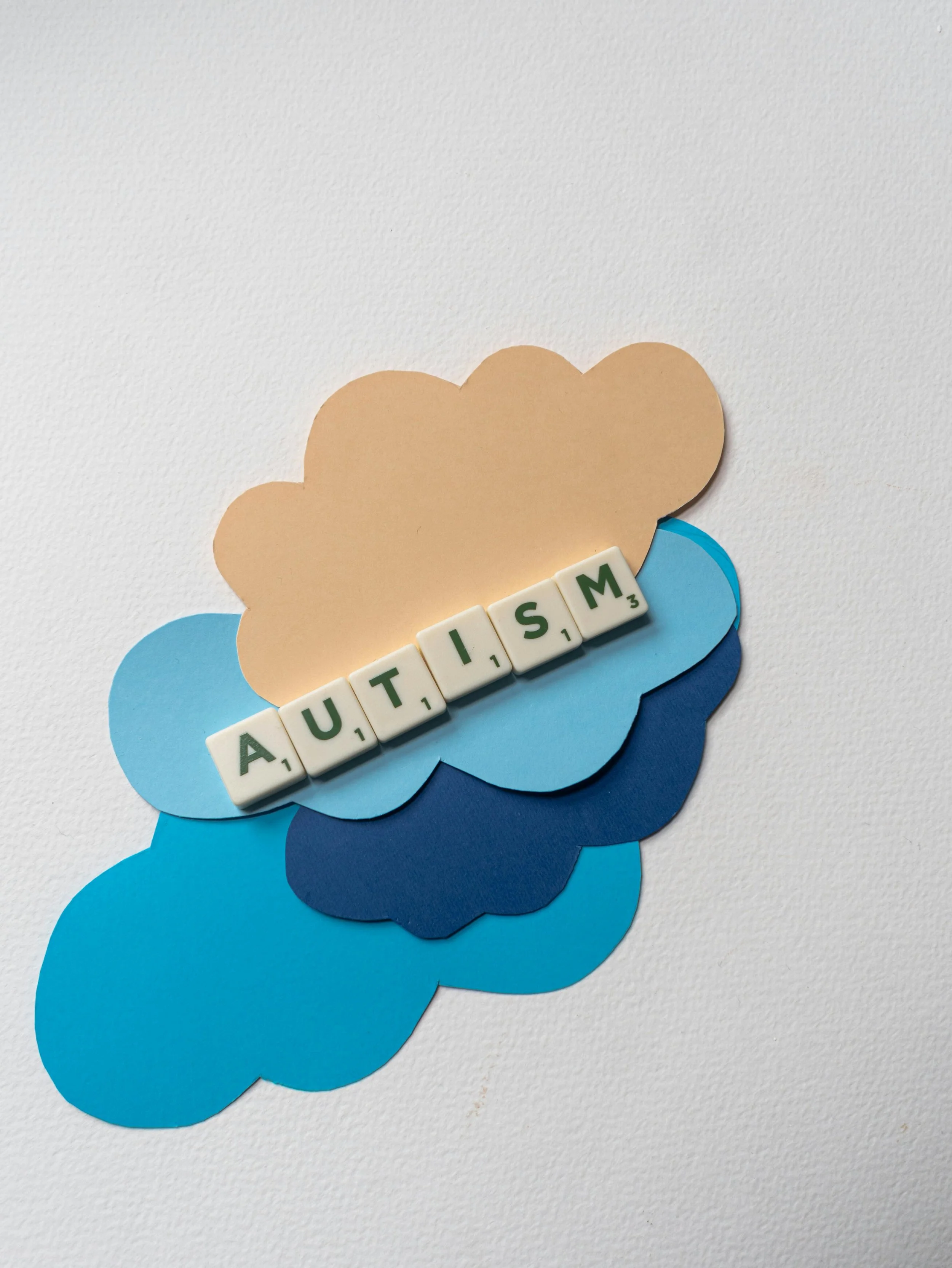
14. Abentt, H (…) Grant, A. (2025). Expert organisations with “challenging” and “complex” service users: Representation in English and Welsh autism charity reports and accounts. PLOS One.https://doi.org/10.1371/journal.pone.0335132
-

13. Grant, A. et al. (2025). Autism and the Menopause Transition: A Mixed-Methods Systematic Review. Autism in Adulthood. https://www.liebertpub.com/doi/10.1177/25739581251369452Full text freely available: https://www.researchgate.net/publication/395188245_Autism_and_the_Menopause_Transition_A_Mixed-Methods_Systematic_Review
-

12. Williams, G. L., Ellis, R., Axbey, H., Grant, A., (2025) Autistic, hysteric: Inequity in the United Kingdom’s healthcare for Autistic people with wombs. In Milton, D. (ed.) The Double Empathy Problem Reader, Pavilion Publishing. Full text freely available: https://pavpub.com/health-and-social-care/health-autism/the-double-empathy-reader?srsltid=AfmBOoou1sniWAhDO-P4y0kImsnWt6GqVuwaWcbNtzMCaAm5QrCOxe6J
-

11. Ellis, R. (…) Grant, A. (2025). Autistic experiences of menstruation: a qualitative systematic review. Autism in Adulthood . Full text freely available: https://cronfa.swan.ac.uk/Record/cronfa69327
-

10. Grant, A. et al. (2025) “I just gritted my teeth to get through it all”: An online survey of Autistic people’s experiences of maternity care in the UK. Autism in Adulthood. https://doi.org/10.1089/aut.2024.0275 Full text freely available: https://cronfa.swan.ac.uk/Record/cronfa68895
-

9. Grant, A. et al. (2024). Participatory longitudinal qualitative interview study to understand Autistic gynaecological and obstetric health: the Autism from menstruation to menopause study protocol. BMJ Open. DOI: 10.1136/bmjopen-2024-088343
-

8. Grant, A. et al. (2024). “I felt belittled and ridiculed for being in pain”: an online survey of Autistic people’s experience of care for pregnancy loss in the UK. Midwifery. https://doi.org/10.1016/j.midw.2024.104266
-

7. Grant, A. et al., (2024). Co-developing an Autism research funding application to facilitate ethical and participatory research: the Autism from menstruation to menopause project. In Bertilsdotter Rosqvist, H. and Jackson-Perry, D. (eds). The Palgrave Handbook of Research Methods and Ethics in Neurodiversity Studies. Palgrave. https://doi.org/10.1007/978-3-031-66127-3_4
-

6. Grant, A. et al. (2024) “I am afraid of being treated badly if I show it”: a cross-sectional study of healthcare accessibility and Autism Health Passports among UK Autistic adults. Plos One. https://doi.org/10.1371/journal.pone.0303873
-

5. Williams, G. (…) Grant, A. (2024). ‘Building our own house’ as an insider-only Community Partnered Participatory Research Council: co-creating a safe space for Autistic knowledge production. Autism. https://doi.org/10.1177/13623613241253014
-

4. Grant, A., Williams, G., Williams, K., and Woods, R. (2023). Unmet need, epistemic injustice and early death: how social policy for Autistic adults in England and Wales fails to slay Beveridge’s five giants. Social Policy Review 35. DOI: 10.51952/9781447369219.ch012
-
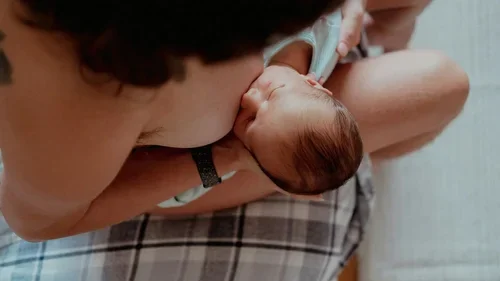
3. Grant, A. et al., (2023). “It felt like I had an old fashioned telephone ringing in my breasts”: an online survey of UK Autistic birthing parents’ experiences of infant feeding. Maternal and Child Nutrition. https://doi.org/10.1111/mcn.13581
-

2. Ellis, R. (…) Grant, A. (2023) A realist review of health passports for Autistic adults. Plos ONE. https://doi.org/10.1371/journal.pone.0279214
-
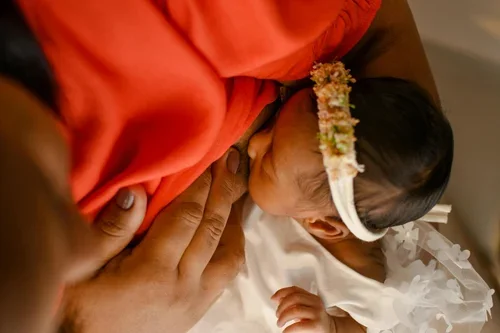
1. Grant, A. et al. (2022) Autistic women’s views and experiences of infant feeding: A systematic review of qualitative evidence. Autism. DOI: 10.1177/13623613221089374
INNOVATION IN RESEARCH METHODS
-

12. Grant, A. et al., (2024). Co-developing an Autism research funding application to facilitate ethical and participatory research: the Autism from menstruation to menopause project. In Bertilsdotter Rosqvist, H. and Jackson-Perry, D. (eds). The Palgrave Handbook of Research Methods and Ethics in Neurodiversity Studies. Palgrave. https://doi.org/10.1007/978-3-031-66127-3_4
-

11. Williams, G. (…) Grant, A. (2024). ‘Building our own house’ as an insider-only Community Partnered Participatory Research Council: co-creating a safe space for Autistic knowledge production. Autism. https://doi.org/10.1177/13623613241253014
-

10. Grant, A. et al. (2024). Analysing data with members of a stigmatised community: experiences, reflections and recommendations for best practice from the Finding the Formula community analysis group. International Journal of Qualitative Methods. https://doi.org/10.1177/16094069241229983
-

9. Grant, A., and Kara, H. (2021). Considering the Autistic Advantage in qualitative research: Autistic researchers and qualitative data collection and analysis. Contemporary Social Science. DOI: 10.1080/21582041.2021.1998589
-

8. Pell, (…) Grant, A. (2020). Using Visual Timelines in Telephone Interviews: Reflections and Lessons Learned From the Star Family Study. International Journal of Qualitative Methods. DOI: 10.1177/1609406920913675
-

7. Grant, A. (2017). “I don’t want you sitting next to me”: the macro, meso and micro of gaining and maintaining access to government organisations during ethnographic fieldwork. International Journal of Qualitative Methods: 16:1-11. DOI: 10.1177/1609406917712394
-

6. Mannay, D. Morgan, M., Marzella, R., Gallagher, D., Mason, S, and Mannay, J. Grant, A., (2017) Negotiating closed doors and constraining deadlines: the potential of visual ethnography to effectually explore spaces of motherhood and mothering. Journal of Contemporary Ethnography. DOI: 10.1177/0891241617744858
-

5. Hawkins, J., Madden, K, Bonnell, C, Moore, L., Campbell, R, Fletcher, A., Murphy, S., Grant, A., Midgley, L., Cox, G, White, J. (2017). Development of a framework for the co-production of complex public health interventions: a case study. BMC Public Health: 17:689. DOI: 10.1186/s12889-017-4695-8
-

4. Grant, A. (2021). “Hidden Clues in Sources” in Research Methods Primary Sources. Marlborough: Adam Matthew Digital. https://doi.org/10.47594/RMPS_0037_HT
-

3. Grant. A. (2020). Documents as data: burrowing into the heart of educational institutions. in Ward, M. and Delamont, S. (eds) Handbook of Qualitative Research in Education. Cheltenham: Edward Elgar. Full text available on request.
-

2. Grant, A. (2018) Shock and Offence Online: The Role of Emotion in Participant Absent Research. in Loughran, T and Mannay D (eds) Emotion and the Researcher: Sites, Subjectivities and Relationships. Studies in Qualitative Methodology. Bingley: Emerald. Full text available on request.
-

1. Grant, A. (2017). Analysing online news comments using critical discourse analysis. SAGE Research Methods Platform.
SMOKING AND DRUGS
-

9. Grant, A., Morgan, M., Mannay, D., Gallagher D. (2019) Understanding health behaviour in pregnancy and infant feeding in low-income women from the UK through visual and creative qualitative research and application to the Behaviour Change Wheel. BMC Pregnancy & Childbirth. DOI: 10.1186/s12884-018-2156-8
-

8. Grant, A., Morgan, M., Gallagher, D., Mannay, D. (2018) Smoking during pregnancy, stigma and secrets: visual methods exploration in the UK. Women and Birth. DOI: 10.1016/j.wombi.2018.11.012
-

7. White, J. Madden, K, Hawkins, J., Grant, A., Fletcher, A., Campbell, R. Bonnell, C. Murphy, S. Hickman, M., Hollingworth, W. Moore., L. (2017). Adapting and piloting the ASSIST model of informal peer-led intervention delivery to the Talk to Frank drug prevention programme in UK secondary schools (ASSIST Frank): an exploratory trial. NIHR Public Health Research Journal: 5(7). DOI: 10.3310/phr05070
-

6. Grant, A., and O’Mahoney, H. (2016). The portrayal of waterpipe (shisha, hookah, nargile) smoking on Twitter: a qualitative exploration. Public Health: 140: 128-135. DOI: 10.1016/j.puhe.2016.07.007
-

5. Jawad, M., Choaie, E., Brose, L., Dogar, O., Grant, A., Jenkinson, E., McEwen, A., Millett, C., Shahab, L. (2016). Waterpipe Tobacco Use in the United Kingdom: A Cross-Sectional Study among University Students and Stop Smoking Practitioners. PLOS ONE. DOI: 10.1371/journal.pone.0146799
-

4. Jawad, M., Bakir, A., Ali, M., and Grant, A. (2015). Impact of waterpipe tobacco pack health warnings on waterpipe smoking attitudes. Bio-Med International Research. Available at: http://www.hindawi.com/journals/bmri/aa/745865/
-

3. Grant, A., Ashton, K., and Phillips, R. (2014). Foucault, Surveillance and Carbon Monoxide Testing in Stop-smoking Services. Qualitative Health Research. 25(7) 912-922. DOI: 10.1177/1049732314553992
-

2. Bennett, L., Grant, A., (…) Paranjothy, S. (2014). Models for Access to Maternal Smoking cessation Support (MAMSS): a study protocol of a quasi-experiment to increase the engagement of pregnant women who smoke in NHS Stop Smoking Services. BMC Public Health 14:1041. DOI: 10.1186/1471-2458-14-1041
-

1. Grant, A., Morrison, R. And Dockrell, M. (2014). The prevalence of waterpipe (shisha, narghille, hookah) use among adults in Great Britain, and factors associated with waterpipe use: data from cross sectional online surveys in 2012 and 2013. Nicotine and Tobacco Research. 16(7): 931-938. DOI: 10.1093/ntr/ntu015
HEALTH AND WELFARE
-

8. Grant, A. (2024). Scroungers, shirkers and the sick: disability and welfare in the 21st Century. In Gregory, L and Iafrati, S. Diversity and Welfare provision: tension and discrimination in 21st Century Britain. Bristol: Policy Press. https://doi.org/10.51952/9781447365174.ch011
-

7. Grant, A., Williams, G., Williams, K. and Woods, R. (2023). Unmet need, epistemic injustice and early death: how social policy for Autistic adults in England and Wales fails to slay Beveridge’s five giants. Social Policy Review 35
-

6. Grant, A. and Hoyle, L. (2017). Print media representations of United Kingdom Accident and Emergency treatment targets: winter 2014-15. Journal of Clinical Nursing. DOI: 10.1111/jocn.13772
-
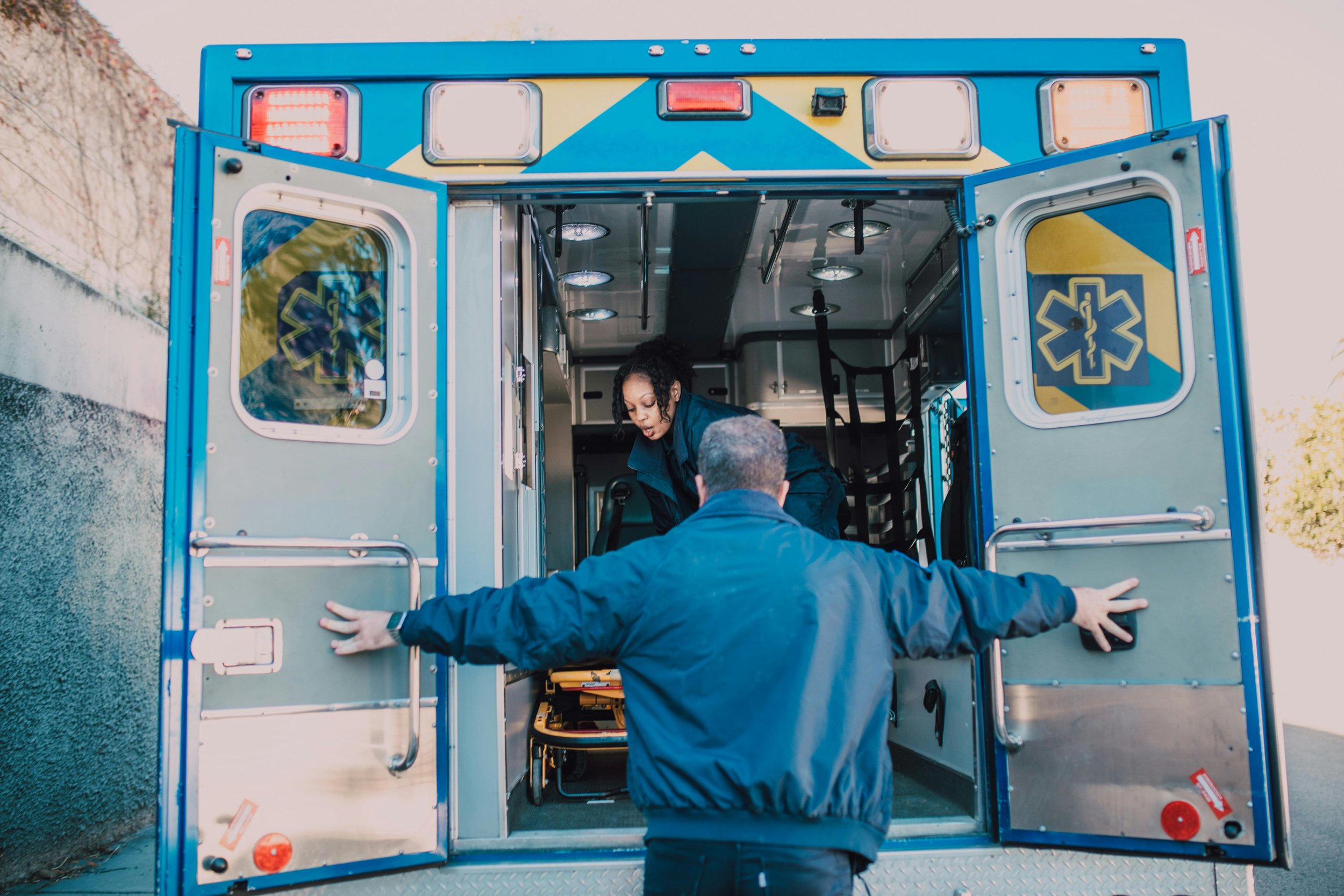
5. Hoyle, L. and Grant, A. (2015). Treatment targets in Emergency Departments: nurses’ views of how they affect clinical practice. Journal of Clinical Nursing: 24(15-16): 2211-2218. DOI: 10.1111/jocn.12835
-

4. Grant, A. (2013). The effect of the use of discretion on occupational therapists' professional identity. British Journal of Occupational Therapy. 76(9): 409-417. DOI: 10.4276/030802213X13782044946300
-

3. Grant, A. (2013). Welfare Reform, conditionality and targets: Jobcentre Plus Advisers’ experiences of targets and sanctions. Journal of Poverty and Social Justice. 21(2): 151-162. DOI: 10.1332/175982713X668935
-

2. Grant, A. (2012). Barriers to work for Incapacity Benefit Claimants in Wales. Contemporary Wales: 25: 173-190.
-

1. Grant, A. (2011). Fear, Confusion and Participation: Incapacity Benefit claimants and (compulsory) Work Focused Interviews. Research, Policy and Planning: 28(3): 61-71.v